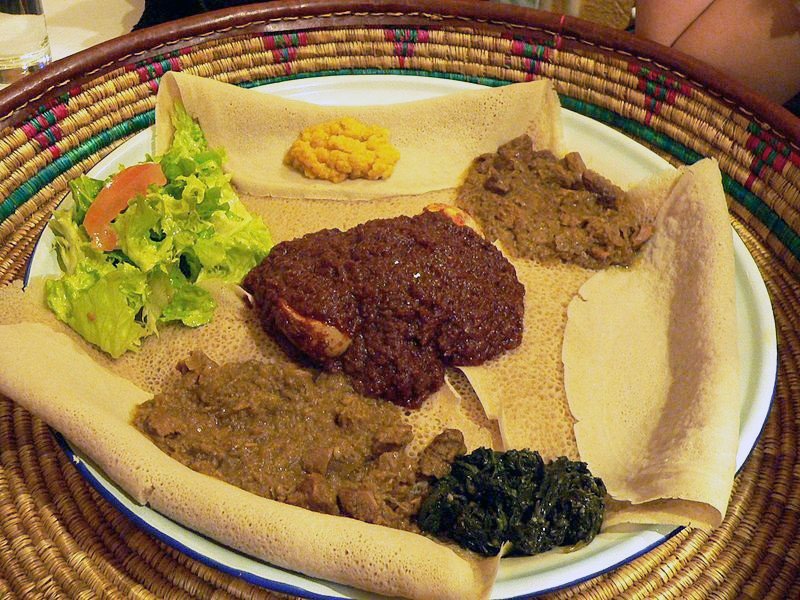Spring 2026
This term’s recommended resource is Ethiopian Food.
We introduce learners to the cuisines of Ethiopia – the land of origins. Through this resource, they discover how food connects communities, reflects history and carries meaning in everyday life. Key concepts such as sharing, tradition, sustainability, and nutrition are explored alongside Ethiopian staples like injera, pulses, and spices, as well as coffee culture. Younger learners (ages 4–11) engage through storytelling, discussion, drawing and creative activities, while older students (ages 11–19) take a more analytical approach, examining ingredients, preparation techniques, and the cultural and religious influences on Ethiopian cuisine. The resource encourages both scientific and cultural understanding, linking food technology skills to real-world examples and global culinary traditions.
“Nature orders us to eat fine and tasty food.” Zara Yaecob, known as the first Ethiopian philosopher, 17th century
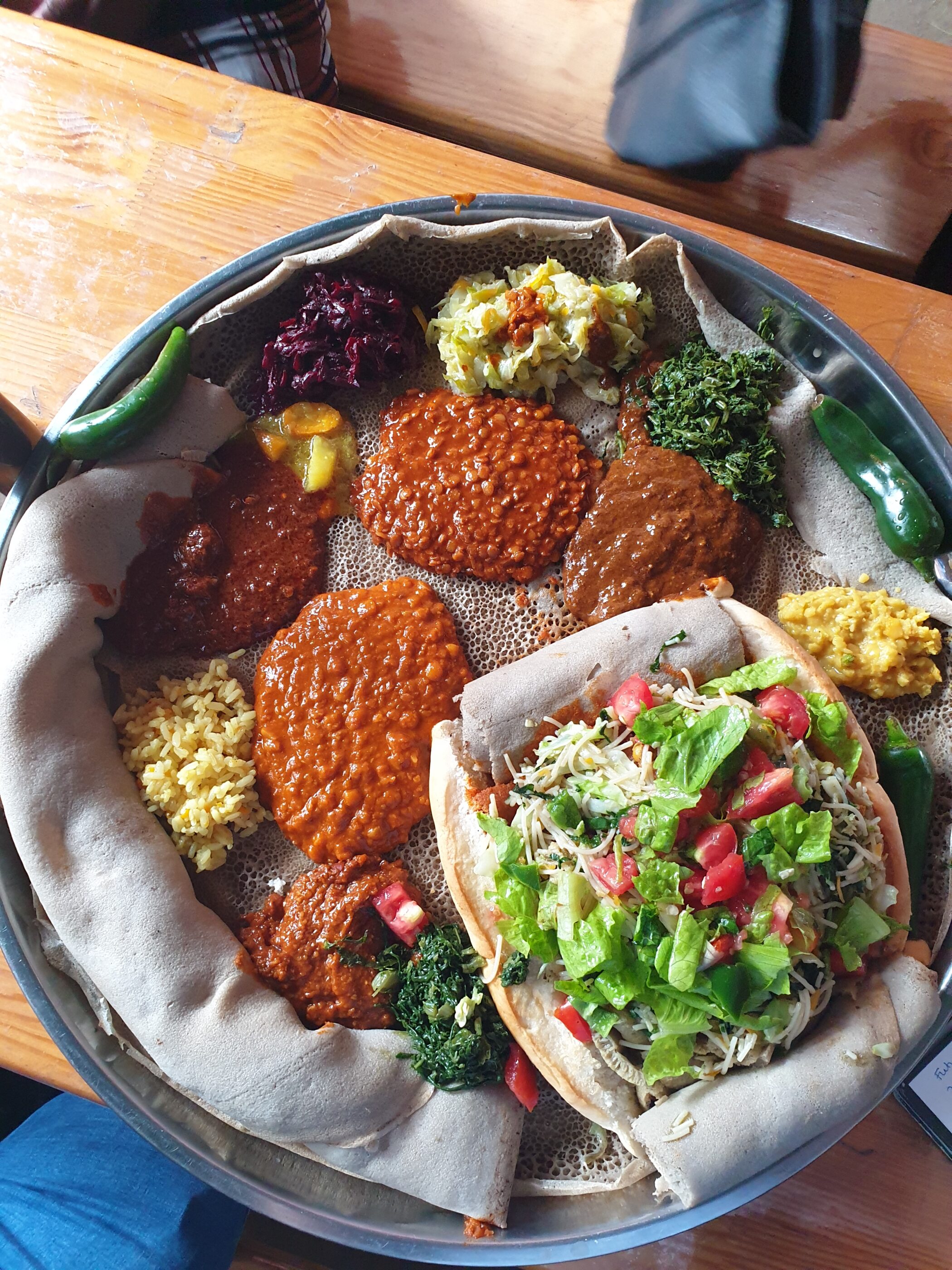
Autumn 2025
This term’s recommended resource is Dinknesh ‘Lucy’ in Human Evolution.
To start the year, we are exploring the discovery of Dinknesh – more widely known as Lucy – whose fossilised remains offer a window into early human evolution. Dinknesh means ‘you are marvellous’ in Amharic. Through this story, learners are invited to consider big questions about where we come from and what links all humans across the globe. The resource builds scientific understanding while deepening cultural awareness, explaining why Ethiopia, or more generally, Africa, is known as the Cradle of Humanity. Younger learners (ages 4–11) engage with evolutionary ideas through storytelling, discussion and creative activities, while older students (ages 11–18) take a more analytical approach, examining fossil evidence and seeing Dinknesh’s discovery in a broader historical and scientific context.
“Lucy is not just a relic of the past, she stands testimony of Ethiopia’s place as the origin of humanity. Its (Lucy’s) story is far from finished and there remains much more to learn.” Prime Minister of Ethiopia, Dr Abiy Ahmed
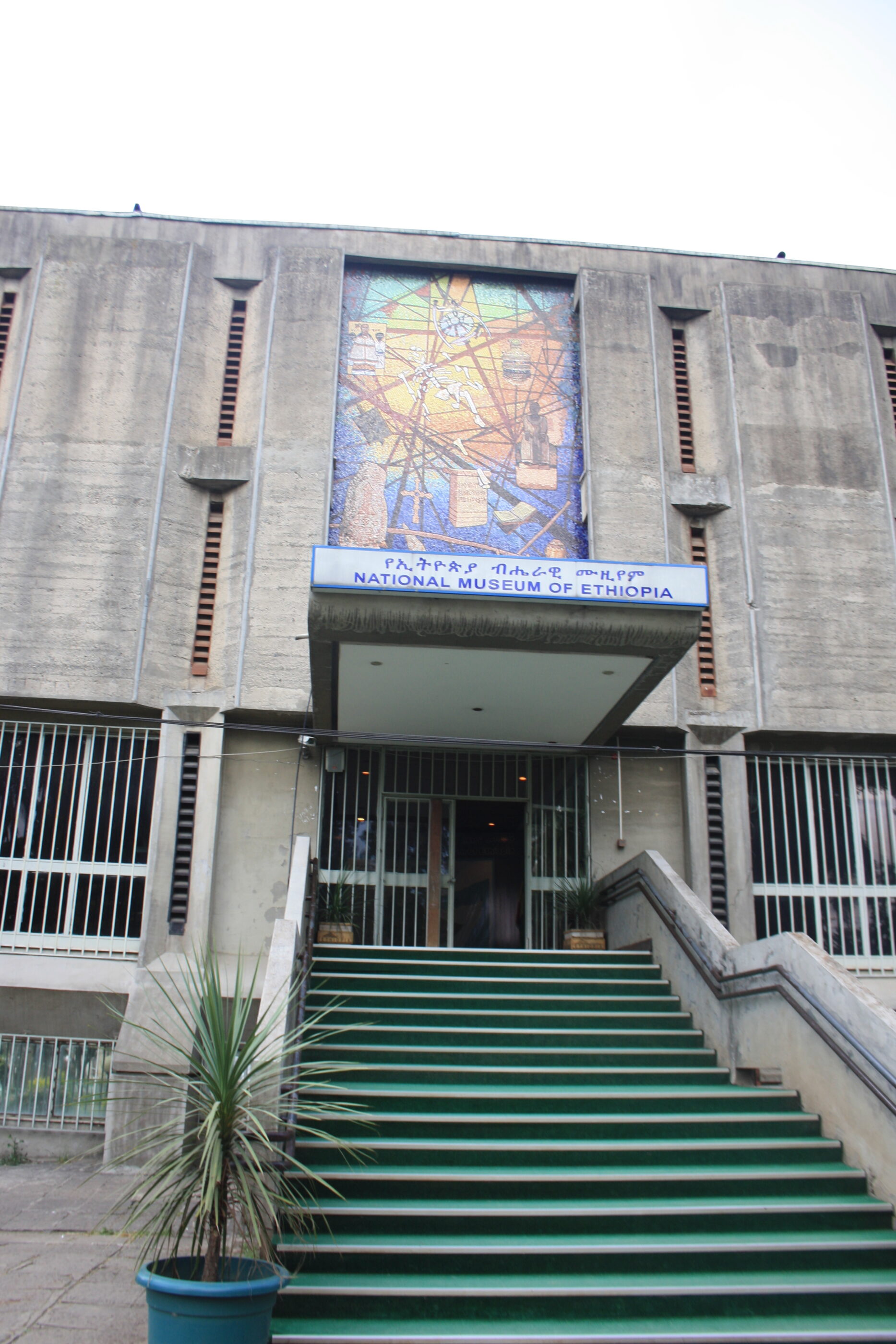
KS1-2 Lesson Plan and Teacher Guide: Dinknesh ‘Lucy’ in Human Evolution
KS1&2 Presentation: Dinknesh ‘Lucy’ in Human Evolution
KS1&2 Activity: Dinknesh ‘Lucy’ in Human Evolution
KS3&4 Lesson Plan and Teacher Guide: Dinknesh ‘Lucy’ in Human Evolution
KS3&4 Presentation: Dinknesh ‘Lucy’ in Human Evolution
KS3&4 Activity: Dinknesh ‘Lucy’ in Human Evolution
Summer 2025
This term’s recommended resource is Reading for Pleasure.
With the number of children and young people reading for pleasure falling steadily, we as teachers are seeking to understand how we can enthuse the next generation about books. These classroom resources build on our Shared Learning Activity about traditional tales and aim to connect your learners with other stories and texts set in or about Ethiopia, encouraging them to empathise with characters from another culture. Younger learners (4-11 years old) consider what it means to read for pleasure and have a chance to discuss and practise, while the older students consider the place for and benefits of reading in a digital age.
“A reader lives a thousand lives before he dies. The man who never reads lives only one.” George R. R. Martin, author
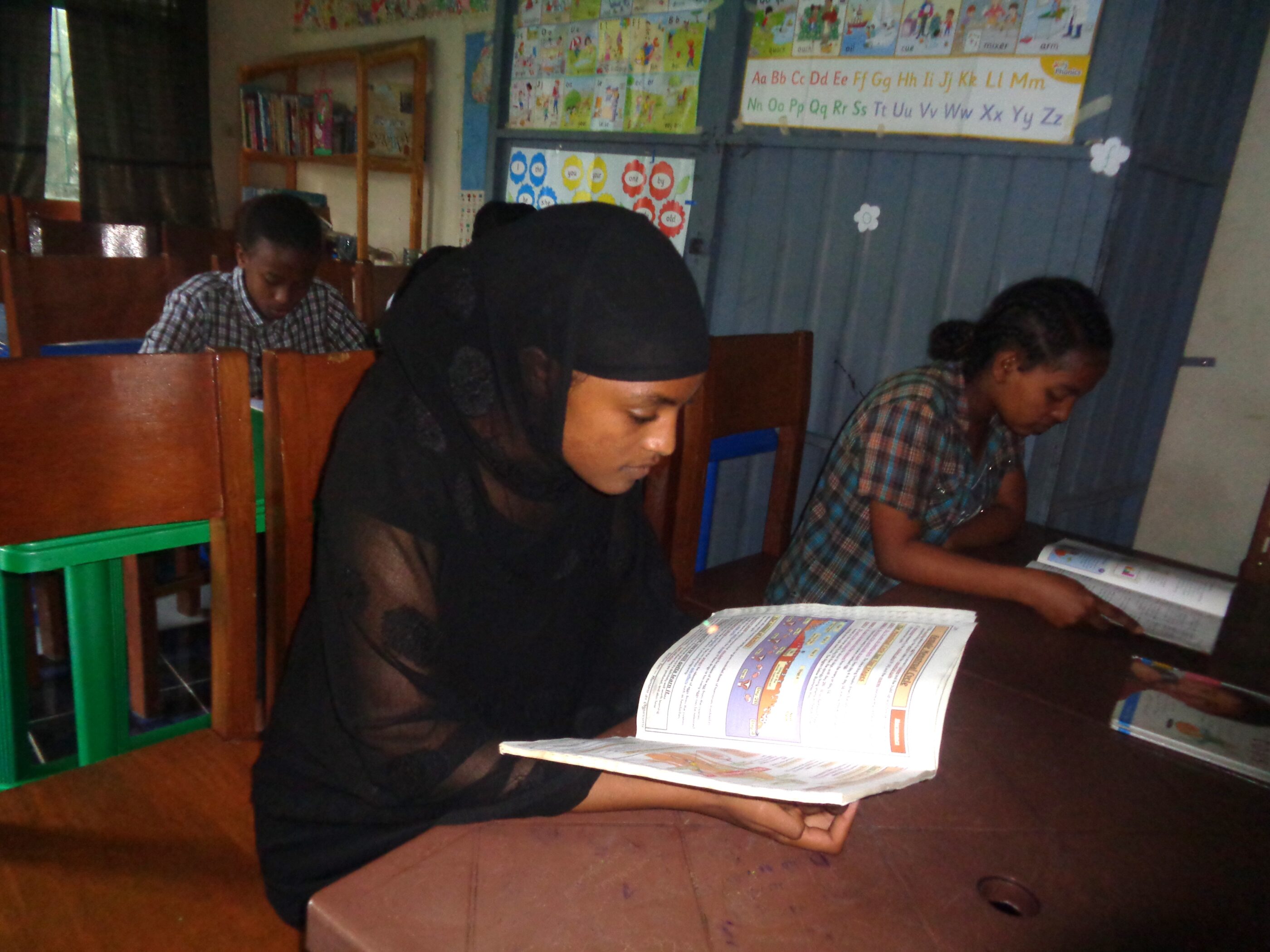
Spring 2025
This term’s recommended resource is Ethiopian traditional tales.
One of the many ways in which knowledge is passed down from one generation to the next in Ethiopia is through oral storytelling, known as ተረት ተረት (teret-teret). These folk tales are not just stories but they also play a role in passing on ancestral knowledge about living and working together and elders find that they positively influence young people’s behaviour. Using this resource, teachers are supported to share just one of the many narratives from the Amhara region of Ethiopia, Sinziro and his Brothers. Learners engage with the story through questions and discussion.
“These endless stories come from my family, community and deep love of my country. I had this great, urge in sharing stories with children.” ‘Ababa’ Tesfaye Sahlu, a well-known Ethiopian television program producer and oral storyteller.
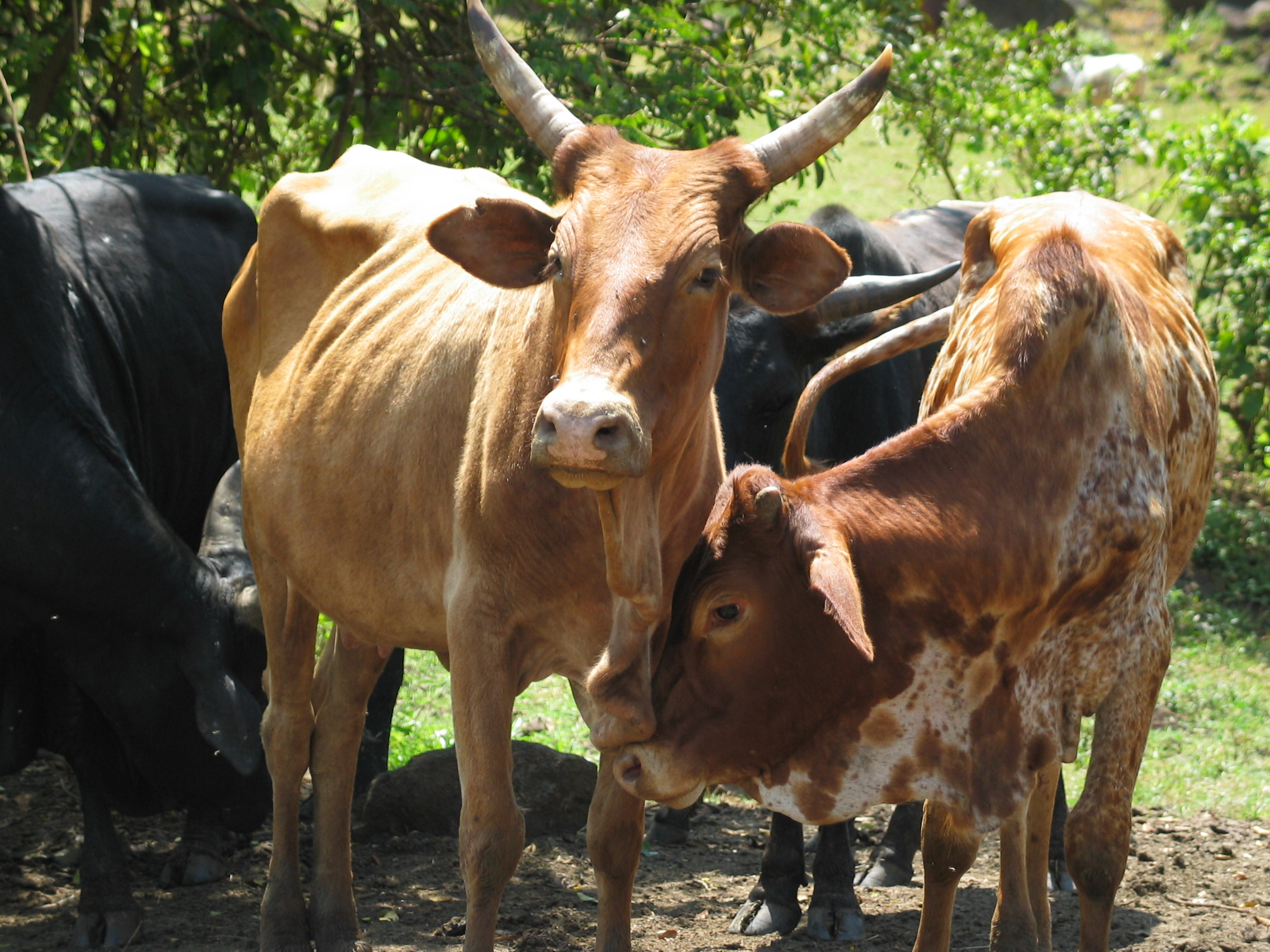
Autumn 2024
This term’s recommended resource is Rights and responsibilities
Welcome to this term’s recommended resource which informs children about their rights and responsibilities. It also explores the role of children and young people in advocating for the rights of children around the world, particularly in the realm of education. Those in Key Stage 1-2 (age 4-11) have three activities to try to contribute to their personal development. They find out about a day in the life of an Ethiopian child, Getanesh and they discuss what children’s rights are and why they are important. Meanwhile, older students research the issue of children being out of school and have the chance to understand more about the barriers to universal education.
“In my community, there are different expectations for how young women and men should lead their lives.” Meti, student and girls’ education advocate in Ethiopia.

KS1&2 Lesson Plan and Teacher Guide: Rights and Responsibilities
KS1&2 Presentation: Rights and Responsibilities
KS1&2 Activity: Rights and Responsibilities
KS3&4 Lesson Plan and Teacher Guide: Rights and Responsibilities
KS3&4 Presentation: Rights and Responsibilities
KS3&4 Activity: Rights and Responsibilities
Summer 2024
This term’s recommended resource is We are united!
These classroom resources make learners familiar with the United Nations (UN) and its role in global peacekeeping and collaboration. Along with the US and UK, Ethiopia was a founder member of the UN and each country gets one vote on deciding important issues. Those in KS1-2 take part in a simple role-play of a UN meeting, researching and presenting information about their chosen country. Meanwhile, students in KS3-4 undertake research for and take part in a Model UN General Assembly.
“When spiders unite, they can tie up a lion.” Ethiopian proverb

Spring 2024
This term’s recommended resource is What is important to me?
This resource gives learners the chance to think about and share what is really important to them. Those in KS1-2 will take a look at some beautiful artwork made by children in Ethiopia and learn about the cultural meaning of certain objects. Learners in KS3-4 will use this artwork to explore the idea of personal identity more deeply by looking at which objects are important to them and to children in their link school. All schools are invited to take part in this year’s Shared Learning Activity which is on the theme of My important objects.
“True belonging doesn’t require you to change who you are; it requires you to be who you are.” Brené Brown
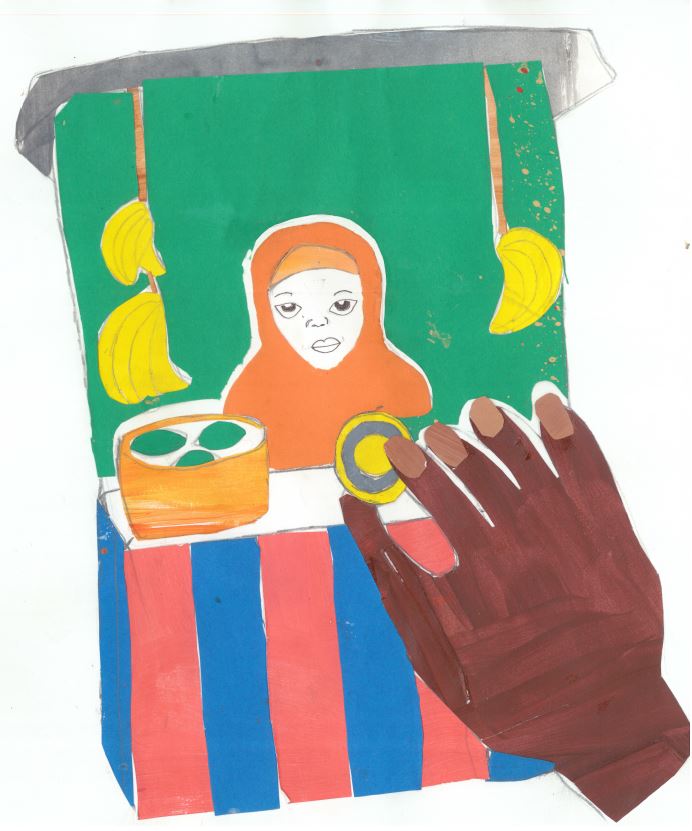
Autumn 2023
This term’s recommended resource is Amharic language.
This resource introduces learners to one of the many languages spoken in Ethiopia, Amharic. We have created the presentations in such a way that a non-specialist teacher can teach the lessons and learn alongside their class. In KS1/2 they learn to greet people and think about how and why they might want to communicate with the children in their link school. The KS3/4 taster lesson also starts with greetings and moves on to how to introduce yourself. We also highlight some useful online resources for those who want to learn a bit more and learners are invited to create and share videos to send to their link schools.
“A good conversation is always better than a good bed.” Ethiopian proverb
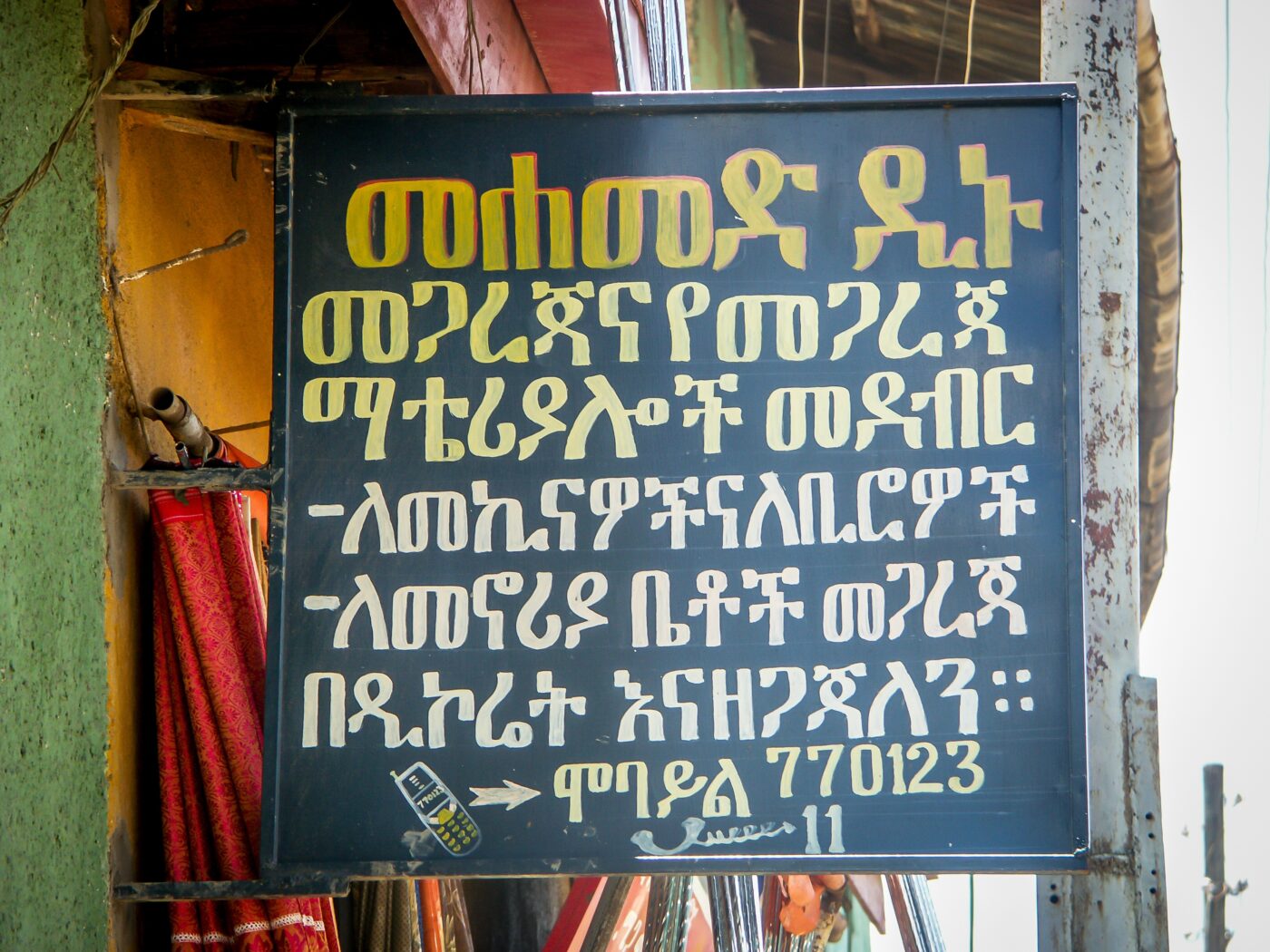
Summer 2023
This term’s recommended resource is Playground games and the right to play.
The KS1/2 resource uses children’s drawings to help your class discover traditional Ethiopian playground games. Children think about how and why they play and experience some new games for themselves. For KS3/4, we invite students to discuss and debate some of the barriers to children playing and whether their right to play is important. This resource asks students to make connections and see how children’s rights are met and not met in the UK/US and in Ethiopia.
“Children know where happiness comes from. Happiness is when their parents give them a hug or when they play with their friends.” Bruktawit Tigabu, co-creator of Tsehai Loves Learning, an Ethiopia children’s television programme.
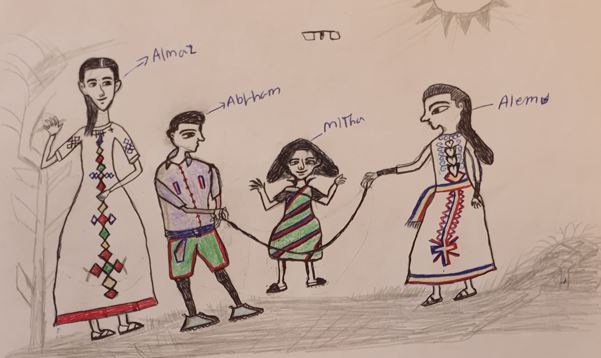
Spring 2023
This term’s recommended resource is Music in Ethiopia.
These resources provide learners with a glimpse into the fascinating world of Ethiopian music and its history. KS1/2 focus on the unique traditional instruments and styles of music that are found in Ethiopia and KS3/4 go further by also looking at a modern take on a traditional genre in which these instruments are sampled into Grime tracks.
“Music-wise, Ethiopia always has been, and still is a very vibrant and inspiring place.” Mulatu Astatke, the ‘godfather of Ethiopian jazz’
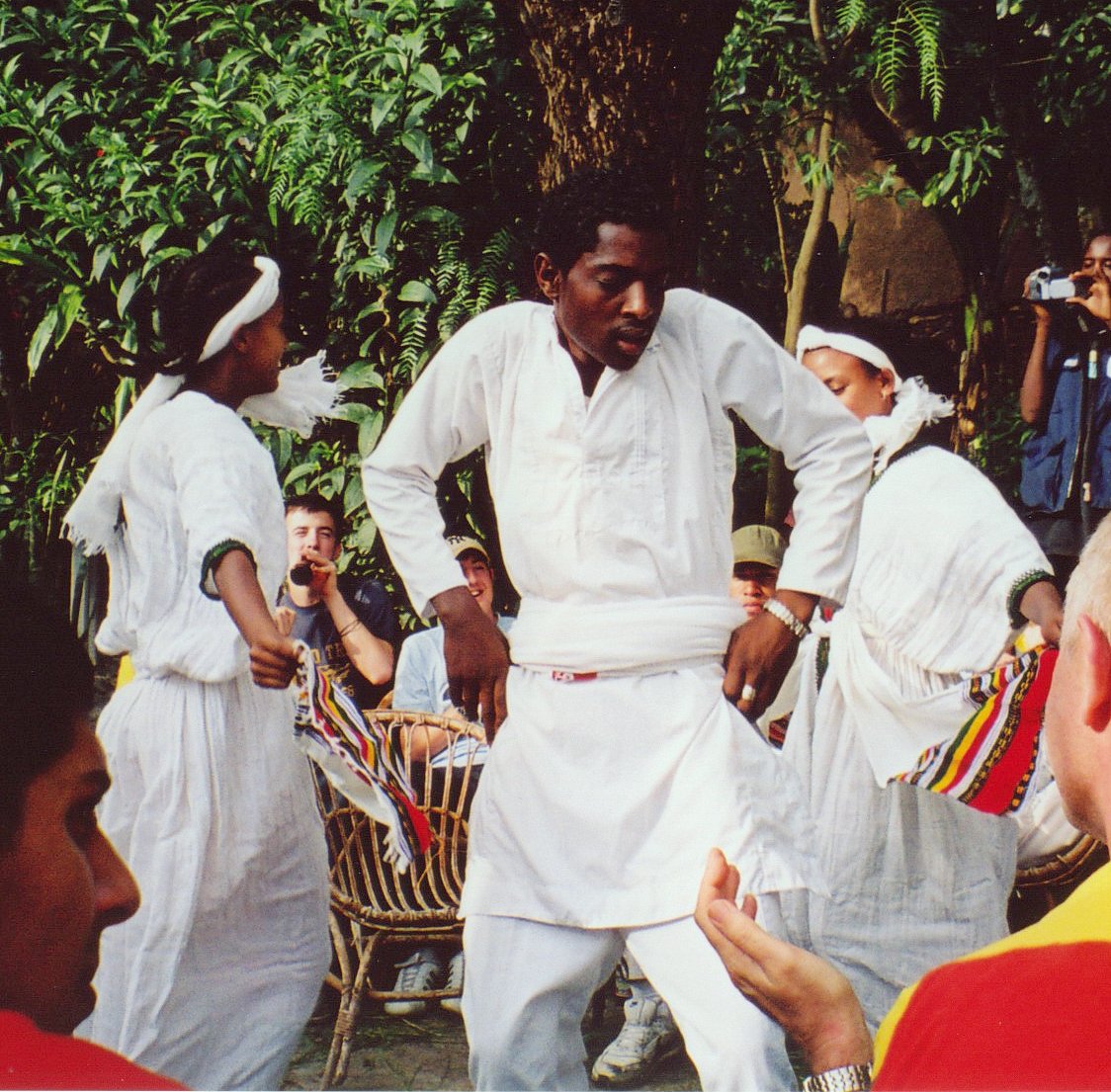
Autumn 2022
This term’s recommended resource is about the history of religion in Ethiopia.
We are passionate about learners connecting with Ethiopian history so we are excited to introduce a series of lessons for KS3-4 authored by @Justice2History about the history of religion in Ethiopia. The lessons are enquiry-based and take learners through the rich and ancient history of Christianity in what is now modern-day Ethiopia. These take a different format to our usual resources.
In collaboration, Together We Learn has developed this classroom resource for KS1-2 which invites children to become historians and think about how we know about the past by looking at sources such as the rock-hewn Orthodox Christian churches of Lalibela.
“History is not about the past. History is something that allows you to have self respect and a reclaimed identity.” Zeinab Badawi, Sudanese-British journalist
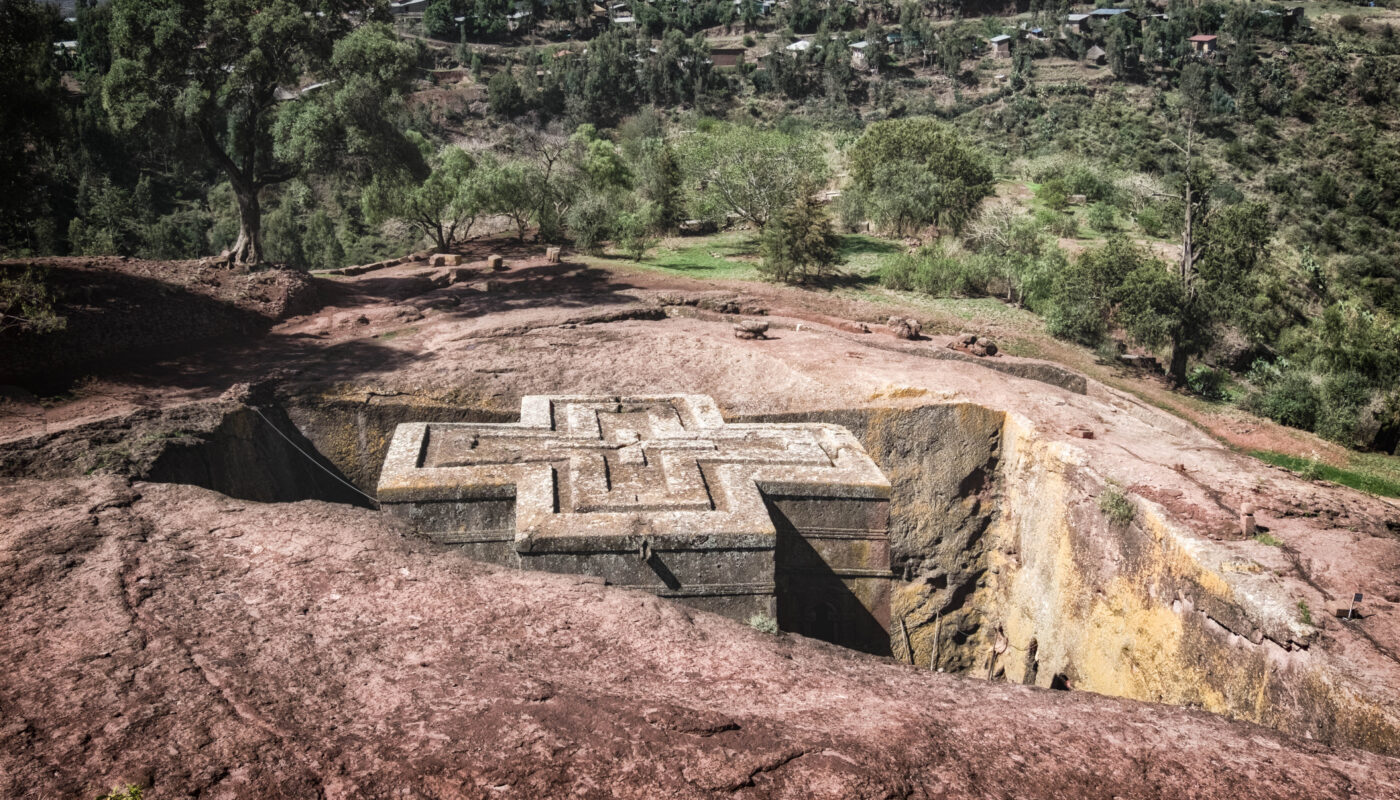
KS1&2 Lesson Plan and Teacher Guide: History of Religion in Ethiopia
KS1&2 Presentation: History of Religion in Ethiopia
KS1&2 Activity: History of Religion Resource Sheet
KS1&2 Activity: King Lalibela Video Transcript
KS3&4 Lesson Plan and Teacher Guide: History of Religion in Ethiopia
KS3&4 Presentations: History of Religion in Ethiopia Lessons 1-5
KS3&4 Activity: History of Religion in Ethiopia Video Transcripts
Summer 2022
This term’s recommended resource is Women’s Football.
This summer, children and young people are invited to reflect on the status of women’s professional sport as we welcome the UEFA Women’s EURO football tournament to our shores. There is a PHSE lesson for KS1/2 in which children design their own team shirt and explain how it reflects what is important to them. For KS3/4, students conduct research as part of a PHSE lesson into how women’s football looks in Ethiopia and in their own country and how gender discrimination affects both professional players and also influences their own choice of exercise.
“New talents are coming. Girls are playing football without shame, hoping that they will earn a good living in their future career ” Loza Abera, professional Ethiopian striker, nicknamed ‘the Goal Queen’, on women’s football.
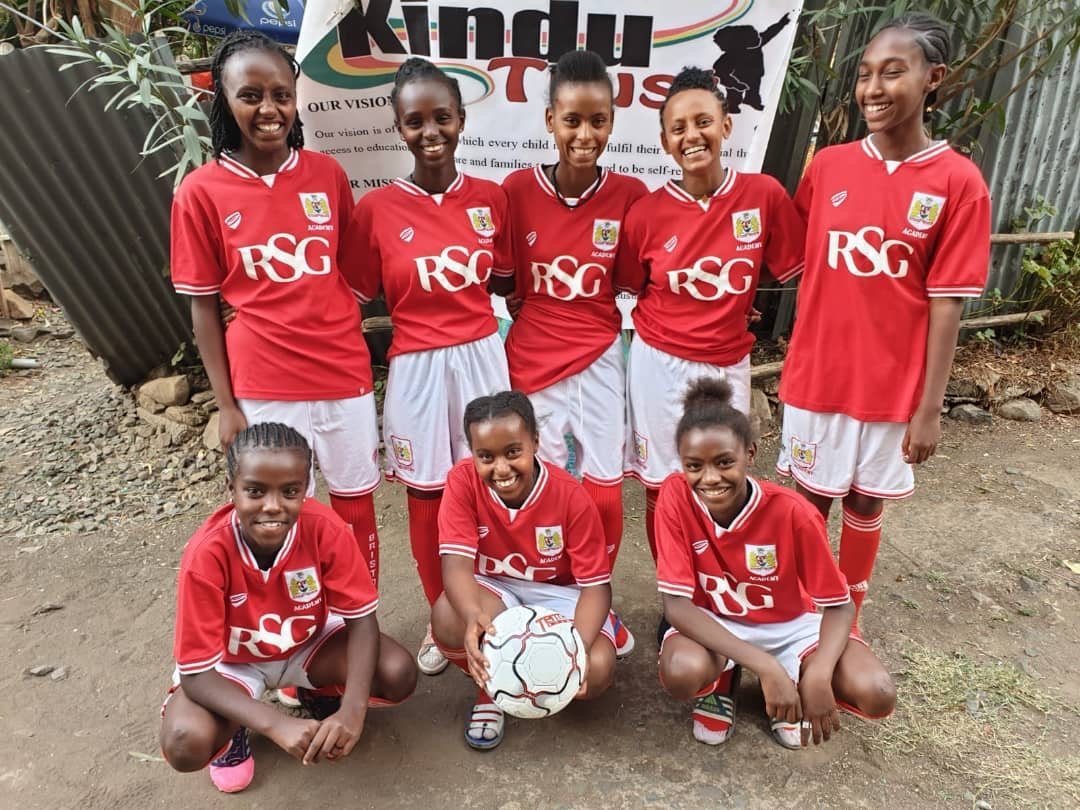
Spring 2022
This term’s recommended resource is Friendly Cities – Addis Ababa.
This resource allows learners to take a glimpse at what home is like for many children and families in Ethiopia’s capital city. Ethiopia is undergoing rapid urbanisation and the World Bank predicts that the population of Addis Ababa will double in the next 10-15 years. A huge range of types of housing can be found in Ethiopia and this resource aims to inform learners about the reality of life in Addis Ababa while also challenging the received stereotypical view of Africa.
“A house can’t be built for the rainy season that is past.” Ethiopian proverb
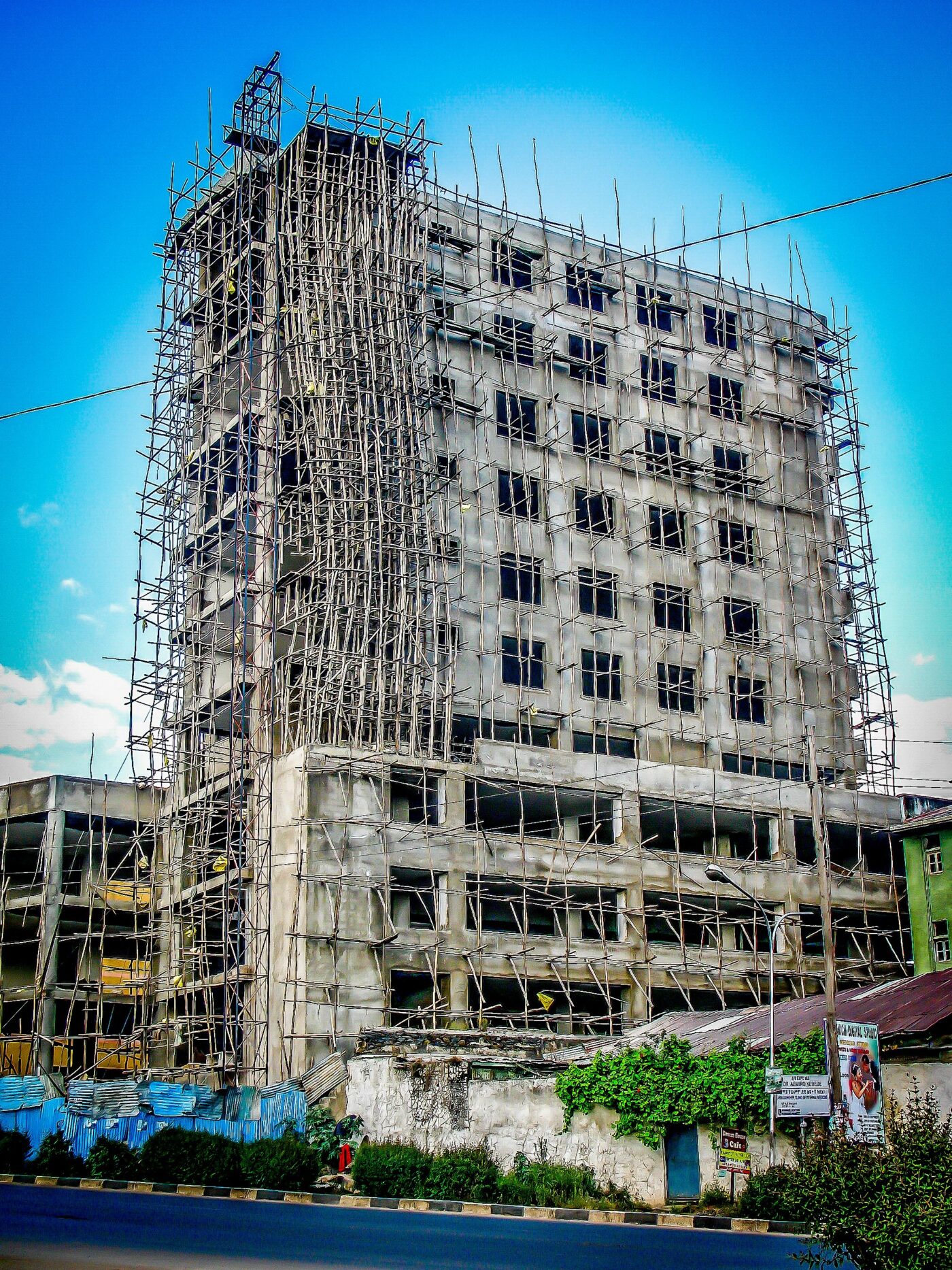
KS1 Lesson Plan and Teacher Guide: Houses and Homes
KS1 Presentation: Houses and Homes
KS1 Activity: Photo Cards Resource
KS1 Activity: Science Vocabulary Cards
KS2 Lesson Plan and Teacher Guide: Friendly Cities
KS2 Presentation: Friendly Cities Activities
KS1&2 Activity: Team Challenges
KS2 Activity: Photo Cards Resource
KS3&4 Lesson Plan and Teacher Guide: Friendly Cities
Autumn 2021
This term’s recommended resource is Christmas in Ethiopia.
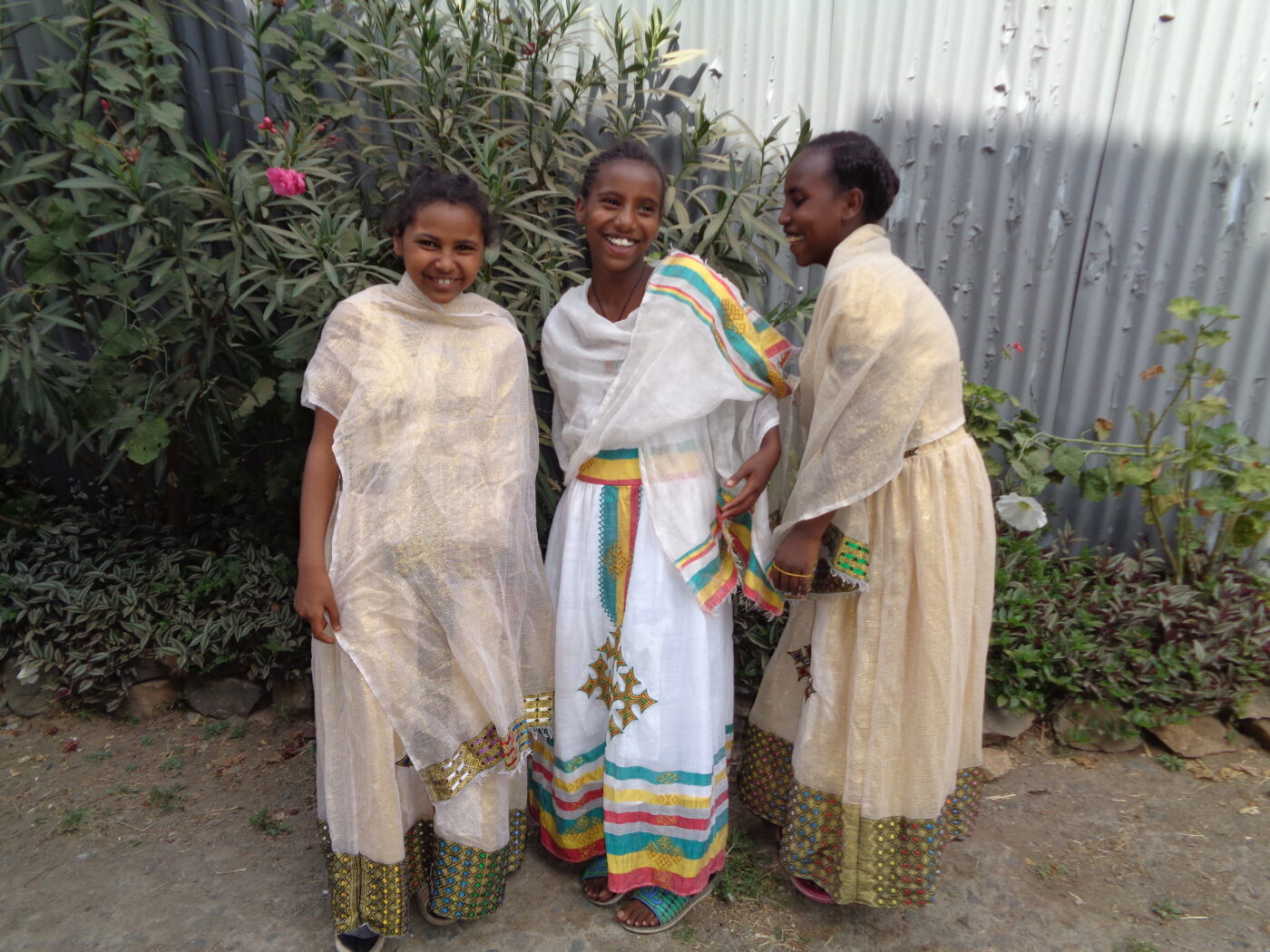
This resource takes a look at how Orthodox Christians in Ethiopia celebrate Christmas (Gena in Amharic). Learners may be surprised to discover some of its unique traditions and they are encouraged to reflect on how these differ from their own. Thanks to the Ethiopian Julian calendar system, Christmas is actually celebrated in January and is followed twelve days afterwards by the festival of Timkat (Epiphany).
“For Ethiopian Christians, Christmas is an opportunity to pray and discuss the ways of overcoming the challenges the nation [Ethiopia] is facing. We are confident that our prayers will be answered.” Abune Mathias, Patriarch of the Ethiopian Orthodox Church
Presentation: Christmas in Ethiopia
Summer 2021 – Second Term
This term’s recommended resource is The Ethiopian Coffee Ceremony.
This resource focuses on the Ethiopian Coffee Ceremony – a significant part of Ethiopian culture and social life. The topic has been chosen to introduce pupils to an aspect of Ethiopian culture through practical learning and to teach pupils about the source and processing of a food, coffee, that is very familiar but about which little may be known.
“Coffee is our bread.” Ethiopian proverb
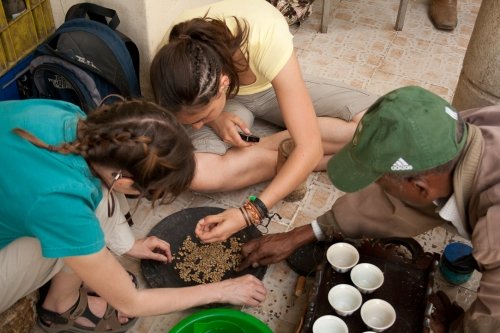
KS1&2 Lesson Plan and Teacher Guide: Ethiopian Coffee Ceremony
KS1&2 Presentation: Ethiopian Coffee Ceremony
KS1&2 Activity: Coffee Ceremony Sequencing Activity
KS1&2 Activity: Legend of Kaldi Sequencing Activity
KS3&4 Lesson Plan and Teacher Guide: Ethiopian Coffee Ceremony
KS3&4 Presentation: Ethiopian Coffee Ceremony
KS3&4 Resource: Ethiopian Embassy Coffee Leaflet
Summer 2021 – First Term
This term’s recommended resource is Biodiversity in Ethiopia.
The resource marks World Biodiversity Day and highlights the global crisis of biodiversity loss, focussing specifically on Ethiopia’s endangered animals. This topic has been chosen to help pupils in the UK learn about the importance of looking after nature and give them a wider knowledge of Ethiopian wildlife.
“Only when life is at its most varied, vigourous, biodiverse, can we hope to thrive.” David Attenborough, Our Planet.
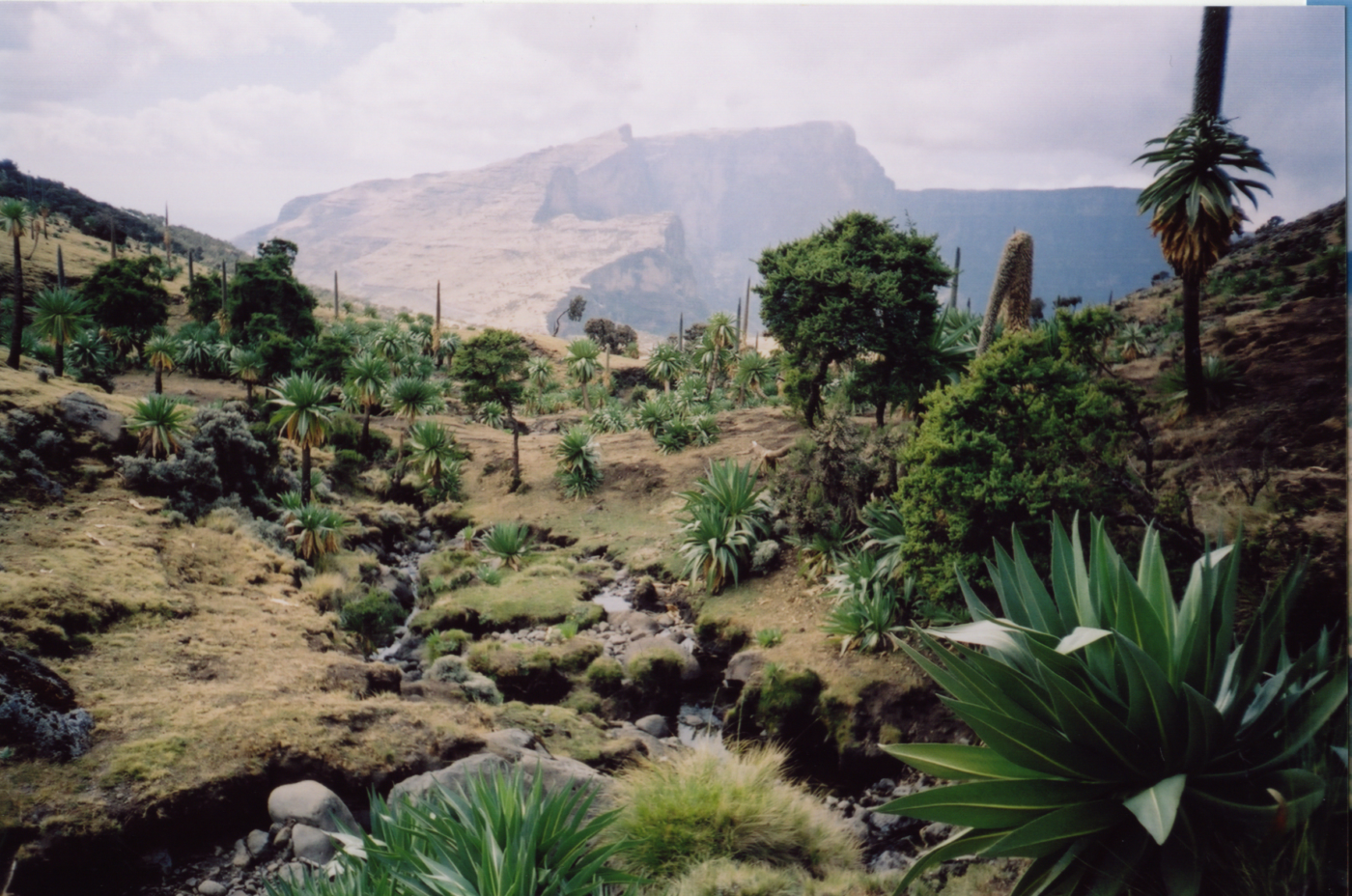
Spring 2021
This term’s reccommended resource is Water Usage in the UK and Ethiopia.
The resource focuses on water availability and usage in everyday life, while also touching on the water cycle and how water is made fit for human usage in the UK.
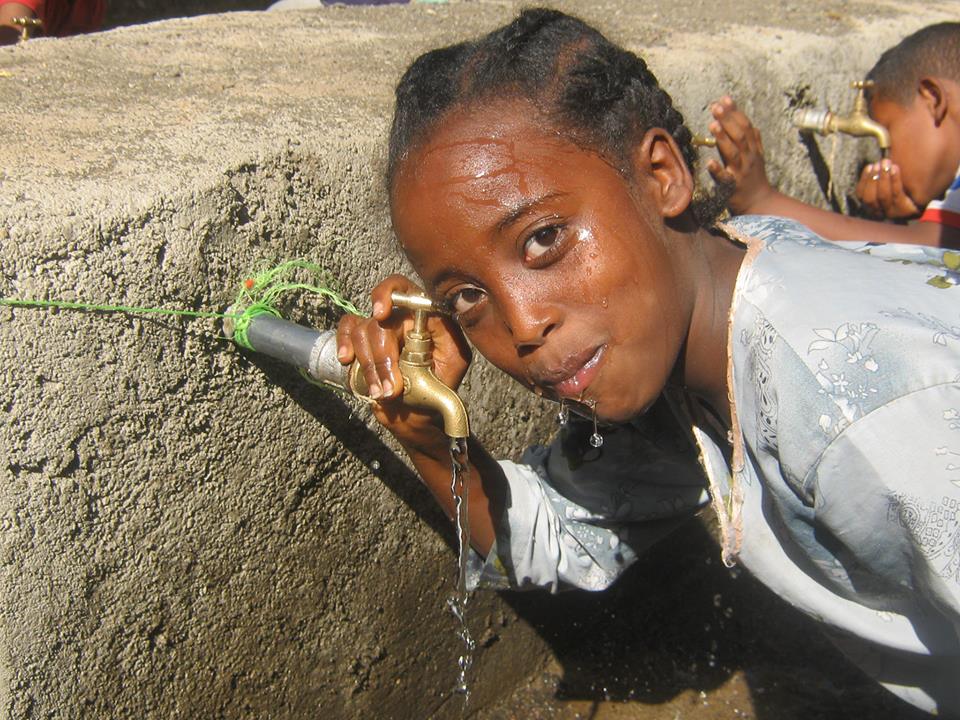
Winter 2021
This term’s reccommended resource is Dr Tedros Ghebreyesus and the World Health Organistion.
The resource focuses on the World Health Organisation, currently headed by Ethiopian Dr Tedros Ghebreyesus, and the importance of and challenges with delivering a united response to a global pandemic. This topic has been chosen to help pupils in the UK consider the different cultural contexts of healthcare and disease prevention.
“We welcome this demonstration of global solidarity, because solidarity is the rule of the game to defeat COVID-19.” Dr Tedros, Director-General of the World Health Organisation.
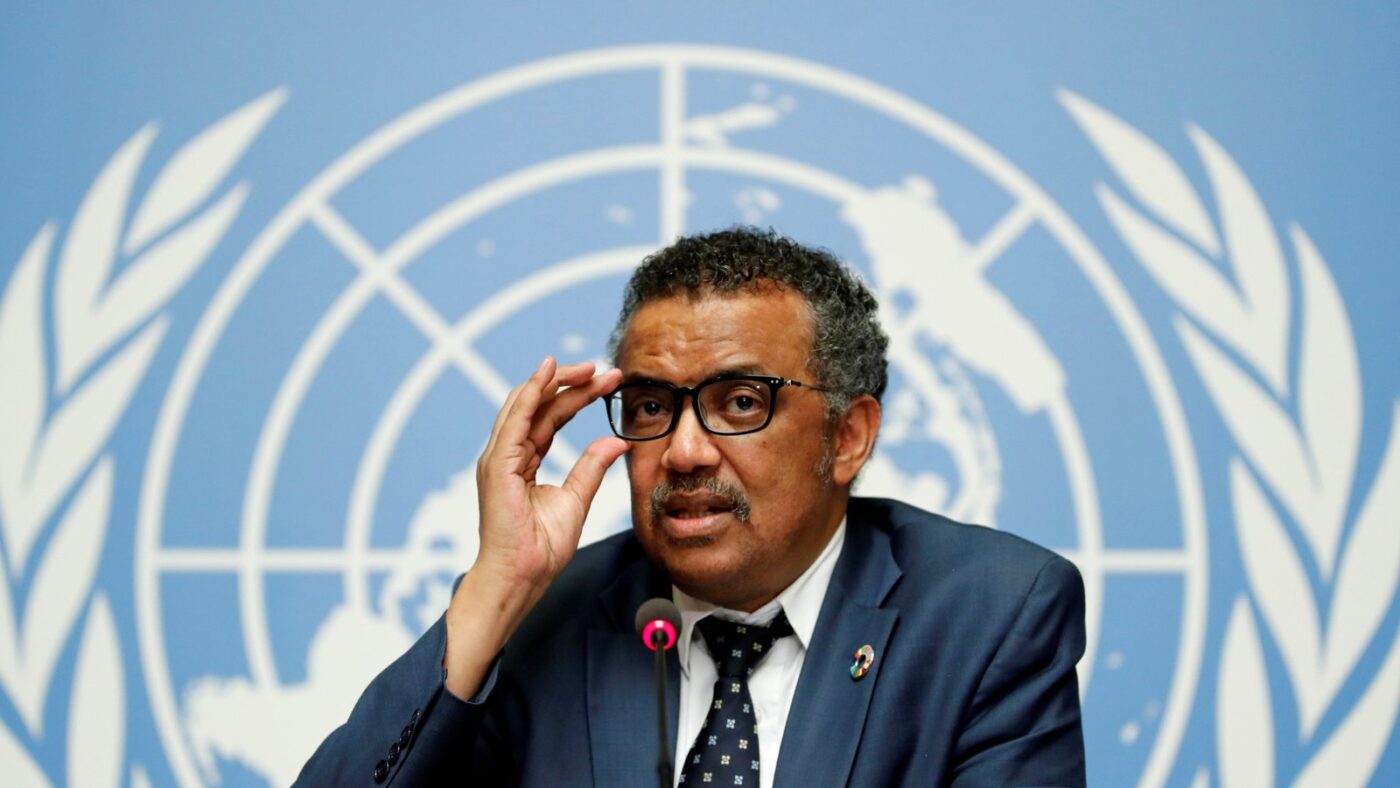
Autumn 2020
This term’s recommended school resource is “Warm Food, Warm Friendships”: Food and harvest in Ethiopia
The resource focuses on food and how it is grown, produced, and consumed, including some Ethiopian classics! Food is more than just sustenance. Food production is indicative of the local ecosystem and health of the economy and trade. Food preparation and consumption can be social, spiritual, a source of cultural pride and bonding.
“If you really want to make a friend, go to someone’s house and eat with him… the people who give you their food give you their heart.” Cesar Chavez
